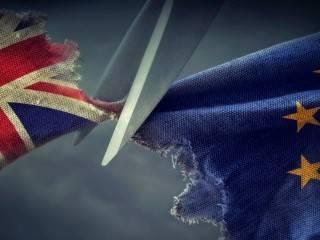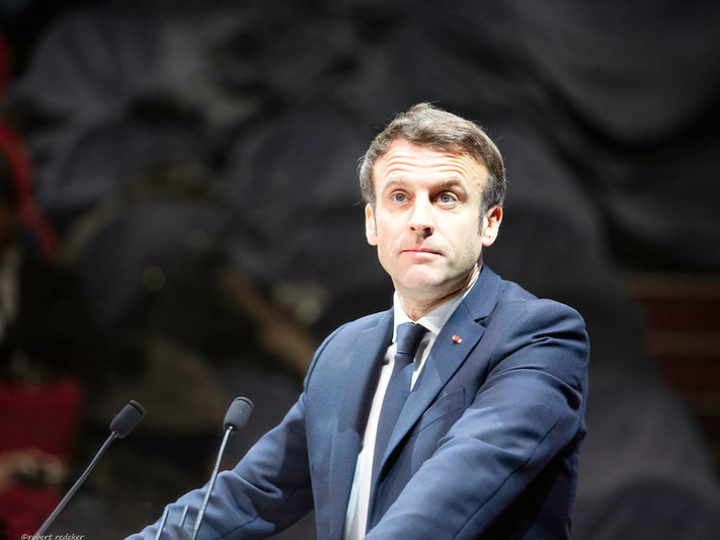Most Britons believe that their job will be safe in 2018 and house prices will rise

It seems that the Brits have largely ignored the intimidation and doomsday predictions of the top EU negotiators Juncker, Barnier and Verhofstadt; which have been blindly echoed by the mostly Europhile press corps in Brussels.
by
N. Peter Kramer
Undeterred by Brexit negotiations and national political turbulence in 2017, more than half the UK population think that their financial situation will stay the same or improve. This according to the annual “State of the Nation” poll for The Times. It seems that the Brits have largely ignored the intimidation and doomsday predictions of the top EU negotiators Juncker, Barnier and Verhofstadt; which have been blindly echoed by the mostly Europhile press corps in Brussels.
What will the EU do next and where will negotiations go? Would a potential lack of agreement with the EU really be problematic for the Brits? So far, all the doomsayers have been wrong. And the UK already has more than half its trade arrangements covered by the WTO according to Roberto Azevedo, Director General WTO: ’It’s not the end of the world if the UK trades under WTO rules with the EU’, he said in an interview with the Daily Telegraph. “About half of the UK’s trade is already on WTO terms - with the US, China, and several large, emerging nations where the EU doesn’t have trade agreements.” Many prominent influencers beyond the EU bubble realise that the UK is by no means a minor economy or a minor player in the global system.
2018 promises to be a difficult year for the EU, multi-annual funding round negotiations for the period after UK departure begin, with a big gap in funding to be found. Poland, the biggest recipient of EU funds, has indicated it is more wary of the financial impact of Brexit on budgets than it is of the Commission’s recent Christmas present triggering article 7A and the removal of voting rights (something that will never pass the European Council with at least Hungary as willing to veto).
Wouldn’t it be better for the Commission to start considering the scale of potential impact of Brexit not on the EU at large but rather for Member States individually? It is not about statistics but about impact on national economies. Maybe, economically, there is more to fear in The Netherlands, Belgium, Germany and some Scandinavian countries for instance than in the UK…






